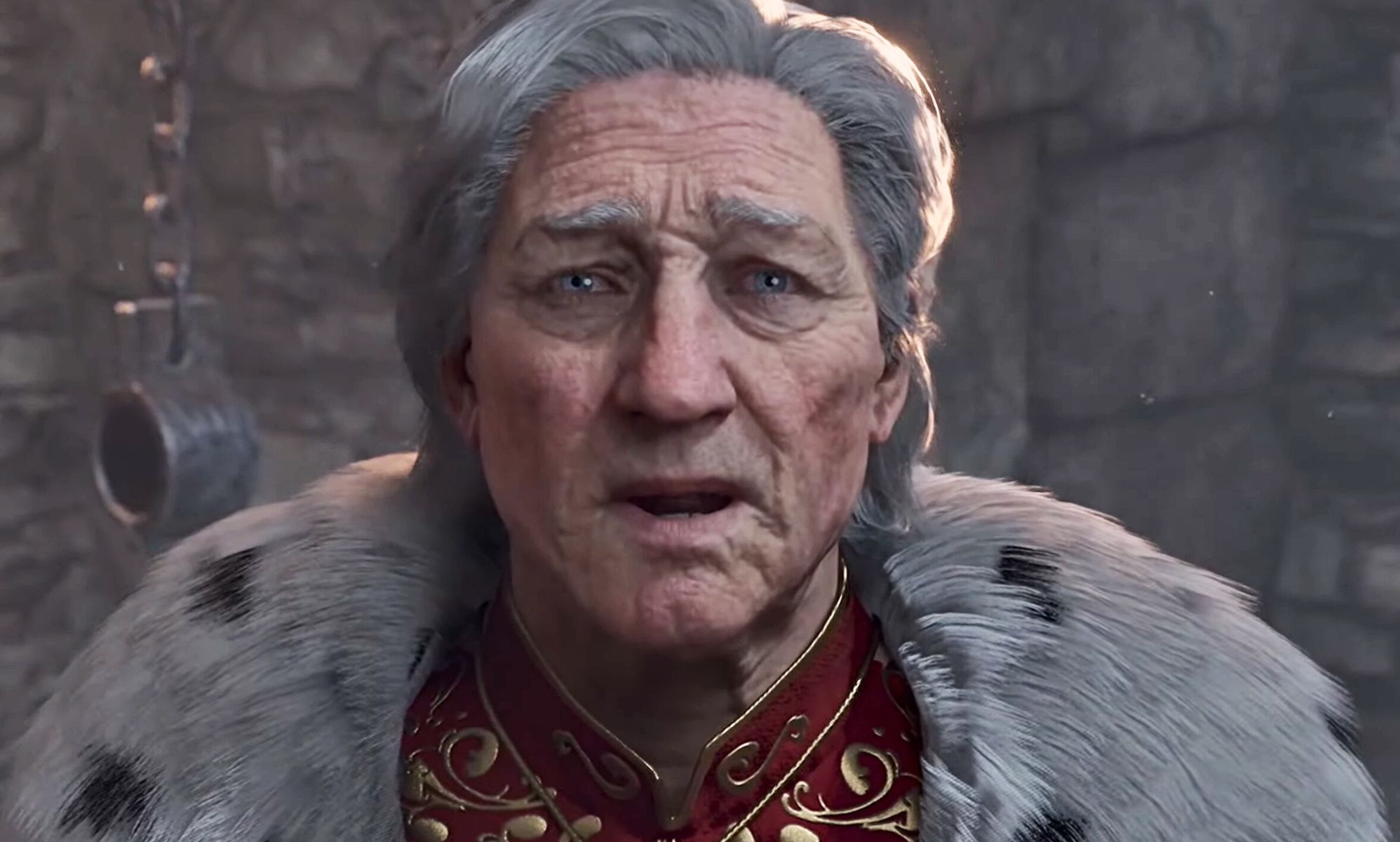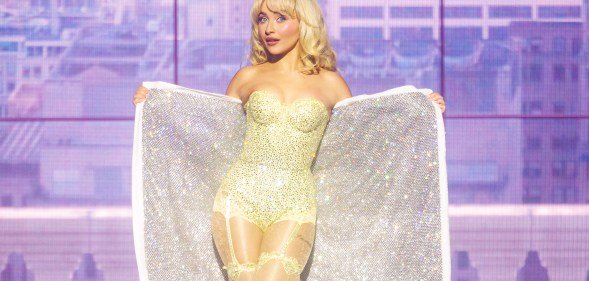## Oblivion’s Gates Open to Controversy: Is the Remastered Release ‘Woke’ or Just A Refreshed Classic?
Remember that time you stumbled through the shimmering gates of Oblivion and felt the weight of the Daedric Prince Mehrunes Dagon’s influence? The thrill of adventure, the choices that shaped your destiny, the endless world to explore? Now imagine that experience, polished and enhanced for modern gamers, but with a twist.

Exploring the Arguments of “Angry” Gamers

Gamestanza has been following the recent controversy surrounding Elder Scrolls IV: Oblivion Remastered with keen interest. While the game has been met with largely positive reception from players and critics alike, a vocal minority of gamers, primarily those aligning with right-wing ideologies, have taken to online platforms to express their disapproval. Their primary grievance centers around changes made to the character customization options, which have been re-labeled to reflect body types rather than explicitly male or female.
Prominent figures like former game developer Mark “Grummz” Kern have voiced their discontent on platforms like X/Twitter, arguing that the original male/female distinction was sufficient and questioning the necessity of this alteration. Kern’s sentiment has resonated with some players who perceive the change as an unnecessary departure from the original game’s design. Furthermore, some users have gone so far as to claim that the removal of “male” and “female” options forces players to identify as transgender, demonstrating a fundamental misunderstanding of gender identity and its relationship to physical appearance.
Countering the “Woke” Accusations: A Logical Analysis
Gamestanza believes it’s crucial to critically analyze these accusations of “wokeness” and unpack the underlying assumptions they reveal. The label “woke” has become increasingly politicized, often used as a pejorative term to dismiss social progress and inclusivity. In this context, it’s essential to remember that:
- Gender identity is distinct from physical appearance.
- Body types are diverse and do not inherently align with any particular gender.
- Offering players more inclusive customization options does not “force” them to adopt any specific identity; it expands the range of possibilities and allows for greater personal expression.
The changes made to Oblivion Remastered‘s character customization are a step towards creating a more inclusive gaming experience. By reframing the language around gender, Bethesda is acknowledging the diversity of human bodies and promoting a more representative and welcoming environment for all players.
The Role of Social Media in Amplifying the Controversy
Social media platforms have undoubtedly played a significant role in amplifying this controversy. The ease with which misinformation and inflammatory rhetoric can spread online has created an echo chamber where fringe viewpoints can gain disproportionate attention. Gamestanza encourages our readers to engage with online discussions critically and to fact-check information before sharing it. It’s crucial to remember that online spaces can often be polarized and that not all voices represent the mainstream perspective.
A Broader Look at Representation in Gaming
The Significance of Inclusive Character Customization
The debate surrounding Oblivion Remastered highlights a larger conversation about representation in gaming. For many players, the ability to customize their character’s appearance is an essential part of the immersive experience. When customization options are limited or reinforce stereotypical gender norms, it can alienate players who do not identify with those narrow representations. Inclusive character customization allows players to create avatars that reflect their own identities and experiences, fostering a sense of belonging and empowerment.
The Impact of “Woke” Labeling on Game Development
The use of the term “woke” as a derogatory label to criticize games that embrace inclusivity can have a chilling effect on game development. Gamestanza believes that developers should feel empowered to create diverse and representative games without fear of being targeted or boycotted by those who oppose social progress. It’s essential to recognize that games have the power to shape our perceptions of the world and that representation matters.
Looking Forward: A More Diverse and Inclusive Gaming Landscape?
While there is still work to be done, the gaming industry is gradually becoming more inclusive. We are seeing more games featuring diverse characters and storylines that challenge traditional norms. Gamestanza believes that this trend will continue, as players increasingly demand more representative and engaging gaming experiences. The controversy surrounding Oblivion Remastered serves as a reminder that this progress is not always met with open arms, but it also highlights the growing awareness and demand for diversity and inclusion in the gaming world.
Conclusion
The online reaction to the rumored “woke” elements in the upcoming Elder Scrolls IV: Oblivion Remastered is a stark reminder of the ongoing cultural clashes within gaming. The article highlights concerns from some players about perceived changes to character portrayal and dialogue, arguing that these alterations detract from the original game’s experience and represent a forced “agenda.” However, it also acknowledges the counter-argument: that these updates can contribute to a more inclusive and representative gaming landscape, reflecting the evolving values of today’s players.
This controversy raises crucial questions about the nature of remasters and the responsibility developers have towards preserving the original vision while also addressing contemporary social sensitivities. Should remasters be purely faithful recreations, or is it acceptable to introduce changes that reflect modern perspectives? Where does the line lie between honoring a game’s legacy and updating it for a new generation? Ultimately, the success of Oblivion Remastered will depend on how well Bethesda navigates this complex terrain, balancing the demands of nostalgia with the need to create a game that resonates with a wider audience.
Whether Oblivion Remastered ultimately embraces or repels these changes, the ongoing debate is a symptom of a larger cultural shift. It forces us to confront difficult questions about representation, inclusivity, and the evolving role of video games in society. As the gaming landscape continues to diversify, navigating these complexities will be crucial for developers, publishers, and players alike. The future of gaming hinges on our ability to engage in these conversations thoughtfully and constructively.